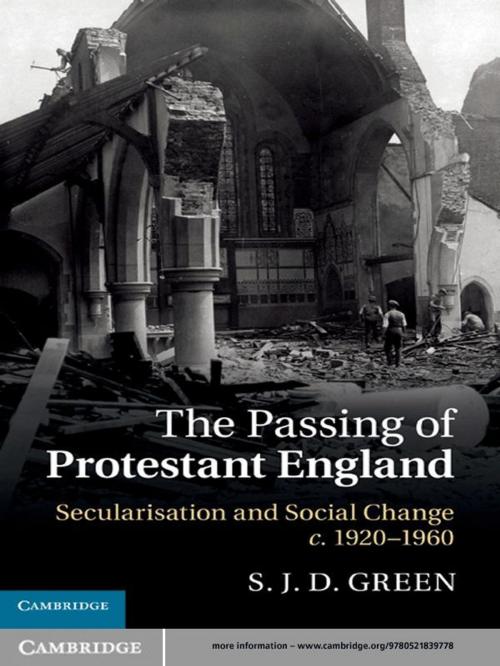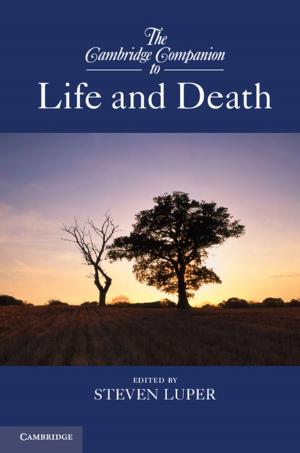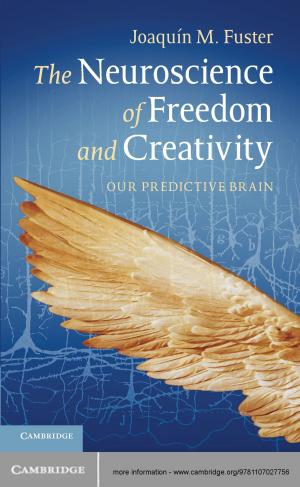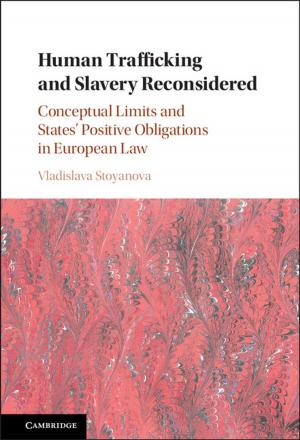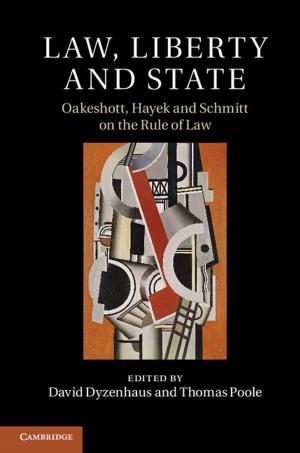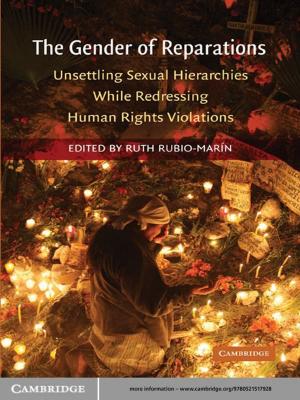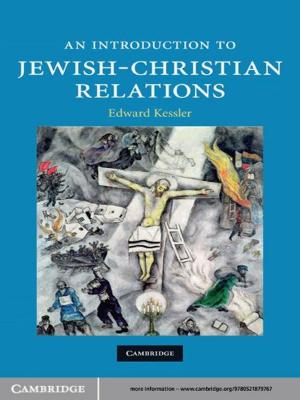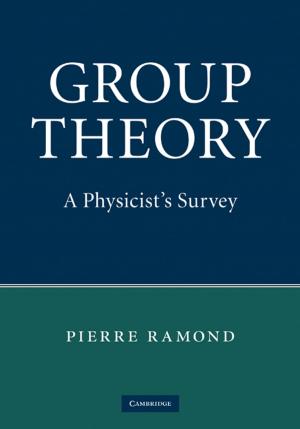The Passing of Protestant England
Secularisation and Social Change, c.1920–1960
Nonfiction, History, British, Religion & Spirituality| Author: | S. J. D. Green | ISBN: | 9780511853272 |
| Publisher: | Cambridge University Press | Publication: | December 9, 2010 |
| Imprint: | Cambridge University Press | Language: | English |
| Author: | S. J. D. Green |
| ISBN: | 9780511853272 |
| Publisher: | Cambridge University Press |
| Publication: | December 9, 2010 |
| Imprint: | Cambridge University Press |
| Language: | English |
In this book S. J. D. Green offers an important account of the causes, courses and consequences of the secularisation of English society. He argues that the critical cultural transformation of modern English society was forged in the agonised abandonment of a long-domesticated Protestant, Christian tradition between 1920 and 1960. Its effects were felt across the nation and among all classes. Yet their significance in the evolution of contemporary indigenous identities remains curiously neglected in most mainstream accounts of post-Victorian Britain. Dr Green traces the decline of English ecclesiastical institutions after 1918. He also investigates the eclipse of once-common moral sensibilities during the years up to 1945. Finally, he examines why subsequent efforts to reverse these trends so comprehensively failed. His work will be of enduring interest to modern historians, sociologists of religion, and all those concerned with the future of faith in Britain and beyond.
In this book S. J. D. Green offers an important account of the causes, courses and consequences of the secularisation of English society. He argues that the critical cultural transformation of modern English society was forged in the agonised abandonment of a long-domesticated Protestant, Christian tradition between 1920 and 1960. Its effects were felt across the nation and among all classes. Yet their significance in the evolution of contemporary indigenous identities remains curiously neglected in most mainstream accounts of post-Victorian Britain. Dr Green traces the decline of English ecclesiastical institutions after 1918. He also investigates the eclipse of once-common moral sensibilities during the years up to 1945. Finally, he examines why subsequent efforts to reverse these trends so comprehensively failed. His work will be of enduring interest to modern historians, sociologists of religion, and all those concerned with the future of faith in Britain and beyond.
